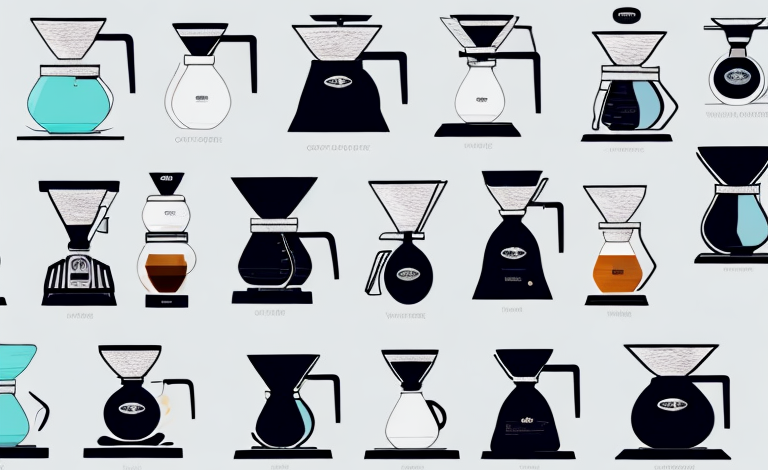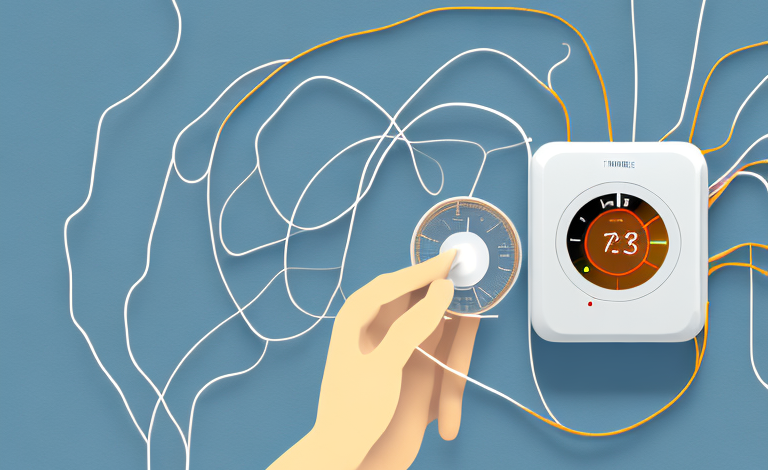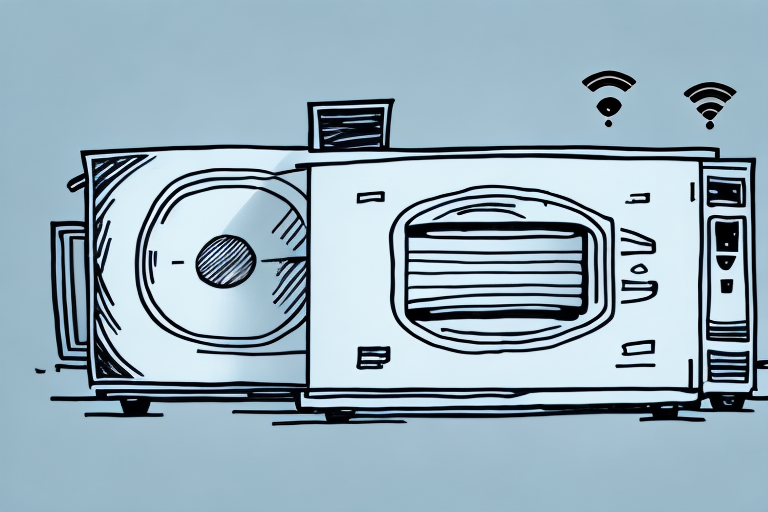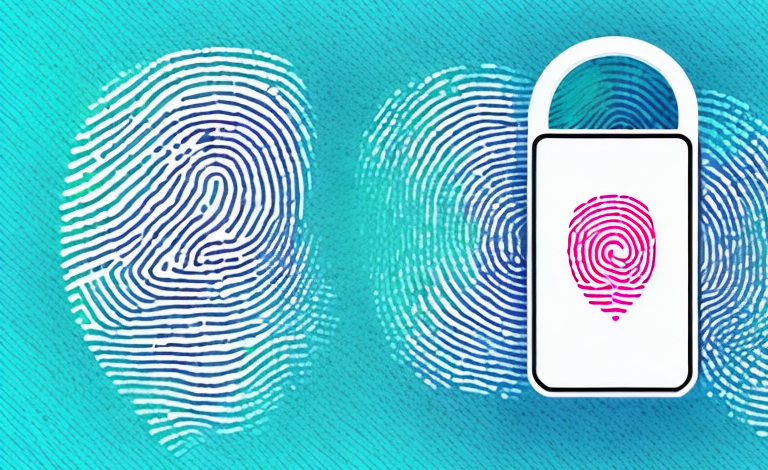Coffee is a beloved beverage that brings joy to millions of people around the world. Yet, despite its popularity, not all coffee is created equal. One of the key factors that affects the taste of your coffee is the coffee maker you use. In this article, we delve into the science behind coffee brewing, explore different types of coffee makers, and provide tips on how to choose the right one for you.
The science behind coffee brewing
Before we can understand how different coffee makers affect the taste of our coffee, we need to understand the science behind coffee brewing.
Coffee brewing involves the extraction of soluble compounds, such as caffeine and other flavor compounds, from ground coffee beans using water. The key variables that affect this extraction process are:
- Grind size: The size of the coffee grounds affects the surface area over which the water can extract the soluble compounds. Finer grinds will have more surface area and will extract more quickly, whereas coarser grinds will have less surface area and will extract more slowly.
- Water temperature: The ideal water temperature for coffee brewing is between 195°F and 205°F. Water that is too hot can over-extract bitter flavors, while water that is too cold can under-extract desirable flavors.
- Water quality: The quality of the water you use affects the taste of your coffee. Water with high levels of minerals, such as calcium and magnesium, can lead to a chalky taste in your coffee.
- Brewing method: Different brewing methods have different extraction rates and produce different flavor profiles. Drip coffee machines are the most common type of coffee maker and produce a smooth, consistent cup of coffee, while espresso machines use high pressure to extract a concentrated shot of coffee with a rich, bold flavor.
Another important factor that affects the taste of your coffee is the brewing time. The longer the coffee is in contact with water, the more compounds will be extracted, which can lead to a bitter taste. However, if the brewing time is too short, the coffee may be under-extracted and lack flavor. It’s important to find the right balance between brewing time and extraction to achieve the desired taste.
Types of coffee makers and their pros and cons
Now that we understand the science behind coffee brewing, let’s explore the different types of coffee makers and their pros and cons.
Drip coffee makers
Drip coffee makers are the most common type of coffee maker in households and produce a smooth, consistent cup of coffee. They work by dripping hot water over a bed of ground coffee, which then passes through a paper or metal filter into a carafe. The pros of drip coffee makers include their ease of use, consistency, and affordability. However, they can lack some flavor complexity that other brewing methods offer.
Espresso machines
Espresso machines use high pressure to extract a concentrated shot of coffee with a rich, bold flavor. They are typically more expensive than drip coffee makers and require more skill and attention to use. However, they offer a wider range of flavor profiles and can produce a crema, a layer of foam on top of the espresso shot, which adds to the coffee’s texture and flavor.
French press
French press coffee makers use a metal mesh filter to steep ground coffee in hot water, producing a bold, full-bodied cup of coffee. They are easy to use and don’t require electricity, making them a good choice for camping or outdoor adventures. However, they can be more difficult to clean and can allow some sediment to pass through the filter.
Pour-over
Pour-over coffee makers involve a slower, more manual process of pouring hot water over coffee grounds in a cone-shaped filter. They produce a clean, delicate cup of coffee, but require more attention and skill to use than drip coffee makers.
AeroPress
The AeroPress is a relatively new coffee maker that uses air pressure to extract a smooth, rich cup of coffee. It works by placing ground coffee in a chamber, adding hot water, and then using a plunger to force the water through a paper filter and into a cup. The pros of the AeroPress include its portability, ease of use, and ability to produce a clean, flavorful cup of coffee. However, it can be more time-consuming than other methods and may not be suitable for making multiple cups at once.
How to choose the right coffee maker for you
When choosing a coffee maker, consider your budget, the types of coffee you like to drink, and your brewing preferences. If you prefer a simple, consistent cup of coffee without too much effort, a drip coffee maker may be the best option for you. If you enjoy complex, bold flavors and are willing to invest in a higher-priced machine, an espresso machine may be the way to go. If you value simplicity and portability, a French press may be the best choice.
It’s also important to consider the size of the coffee maker and how much coffee you typically drink. If you only make coffee for yourself or a small household, a single-serve coffee maker or a small drip coffee maker may be sufficient. However, if you frequently entertain guests or have a larger household, a larger capacity coffee maker may be necessary. Additionally, some coffee makers come with extra features such as programmable settings, built-in grinders, or milk frothers. Consider which features are important to you and your coffee routine before making a final decision.
Tips for improving your home brewing technique
No matter what type of coffee maker you use, there are some tips that can help you improve your home brewing technique:
- Use freshly roasted beans and grind them just before brewing
- Measure your coffee and water carefully
- Check the water temperature with a thermometer
- Clean your coffee maker regularly
Another important tip for improving your home brewing technique is to experiment with different brewing methods. There are many different ways to brew coffee, such as pour-over, French press, and AeroPress. Each method can produce a unique flavor profile, so it’s worth trying out different methods to find the one that suits your taste.
Additionally, consider the quality of your water when brewing coffee. The water you use can have a significant impact on the taste of your coffee. If your tap water has a strong taste or odor, consider using filtered or bottled water instead. You can also try adjusting the mineral content of your water to achieve a better flavor.
Conclusion: Do some coffee makers make better coffee than others?
The short answer is yes, some coffee makers do make better coffee than others. The type of coffee maker you use can affect the taste, texture, and complexity of your coffee. However, the best coffee maker for you depends on your tastes, budget, and brewing preferences. By understanding the science behind coffee brewing and experimenting with different brewing methods, you can find the perfect coffee maker for your needs.
It’s important to note that the quality of the coffee beans and water you use also play a significant role in the taste of your coffee. Even the best coffee maker won’t be able to produce great coffee if you’re using low-quality ingredients. Investing in high-quality beans and filtered water can make a noticeable difference in the taste of your coffee, regardless of the type of coffee maker you use. So, when searching for the perfect coffee maker, don’t forget to also consider the quality of your ingredients.



